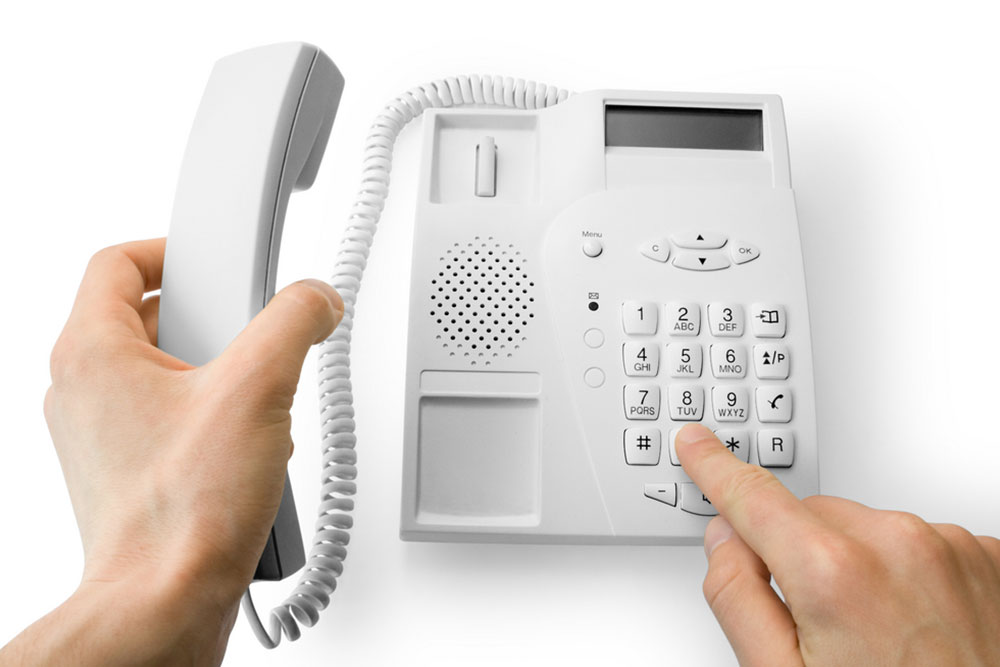Essential Tips for Handling Common Questions During Phone Interviews
Master the art of phone interviews with our comprehensive guide. Learn how to answer common questions confidently, prepare effectively, and make a lasting impression on recruiters. This expert advice helps candidates turn initial screenings into successful career opportunities by emphasizing clarity, professionalism, and strategic responses during phone interviews.

The Ultimate Guide to Navigating Typical Phone Interview Questions and How to Respond Effectively
In today’s fast-paced and increasingly digital job market, phone interviews serve as an essential initial screening tool for recruiters and hiring managers. These remote conversations allow employers to assess candidates’ communication skills, professional background, and suitability for the position before inviting them for in-person interviews. While a phone interview might seem straightforward, understanding the nature of common questions and preparing thoughtful responses can greatly enhance your chances of success.
Why are phone interviews so crucial? Because they set the first impression, showcasing your professionalism, clarity of thought, and enthusiasm for the role. As they often determine whether you'll proceed to the next phase of the hiring process, approaching them with preparation and confidence is vital.
Below, we delve deep into frequently asked phone interview questions, providing strategies on how to craft compelling answers. Additionally, we explore tips on how to prepare practically for these calls, including practicing your responses, managing your environment for clear communication, and employing techniques to convey confidence verbally.
Common Phone Interview Questions and How to Prepare Your Responses
Tell me about yourself.
This question is a staple at the start of most interviews. It offers you an opportunity to introduce your professional background succinctly. Focus on highlighting your key skills, relevant experiences, and how these align with the role you're applying for. Craft a compelling narrative that demonstrates your unique value proposition—what makes you a suitable candidate and how you can contribute to the company's goals. Keep your answer concise yet informative, ideally between one to two minutes.
What type of position are you looking for?
Be specific about your career aspirations and how they match the role you're interviewing for. Clear communication about the type of responsibilities you're seeking, your preferred work environment, and your expectations regarding growth and compensation can make a strong impression. Avoid vague or generic answers—show that you've researched the role and understand how it fits into your career plans. This clarity also helps the interviewer assess whether you're a good fit for the position and the organization.
How familiar are you with XYZ?
This question aims to assess your technical knowledge or familiarity with specific skills or tools relevant to the job. Respond confidently, providing concrete examples of your experience or training with the technology or skill in question. Keep your answer focused and avoid overloading with unnecessary details. Demonstrate that you possess the necessary competence to perform the job effectively, and if you're unsure about certain aspects, be honest about your learning curve and eagerness to develop further.
Can you tell me more about XYZ?
This follow-up question allows the interviewer to gauge the depth of your understanding and familiarity with the subject. Provide a concise explanation, referencing relevant experiences or projects you've undertaken that relate to the topic. Use this opportunity to showcase your expertise and how your background equips you to handle related responsibilities. Remember to keep your tone professional and your responses focused, avoiding rambling or diverging into unrelated areas.
Practical tips for excelling in your phone interview include practicing your responses beforehand. Conduct mock interviews with friends or in front of a mirror to improve your clarity and tone. Since your interviewer can only hear your voice, your verbal communication is your primary tool. Ensure your speech is confident, calm, and articulate to leave a positive impression.
Additionally, find a quiet space free from distractions and background noise to maintain professionalism. Keep relevant documents handy for quick reference if needed. Remember to speak slowly and clearly, and use positive, energetic language to demonstrate enthusiasm for the role.
In summary, thorough preparation and a calm, confident demeanor can make your phone interview a stepping stone toward landing your dream job. Understanding the common questions and how to craft your responses effectively will distinguish you from other candidates. Embrace the opportunity to showcase not just your skills but also your enthusiasm and professionalism, paving the way for the next stage in your career journey.




